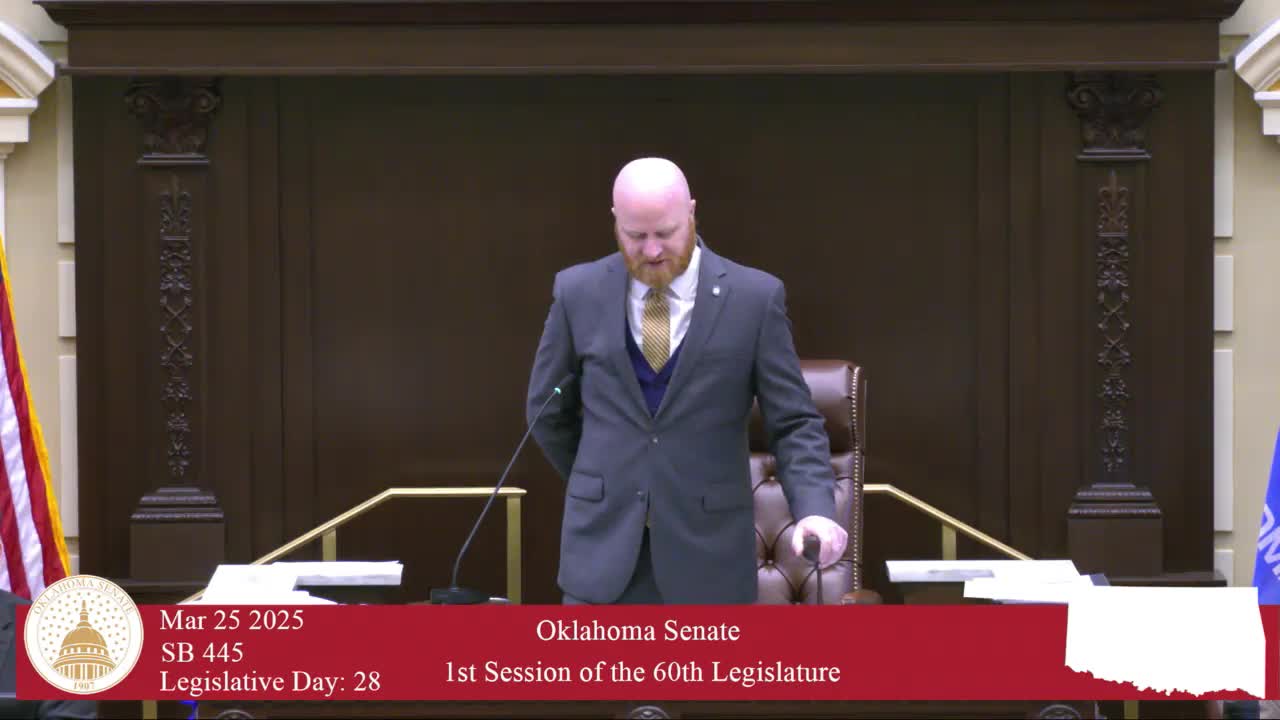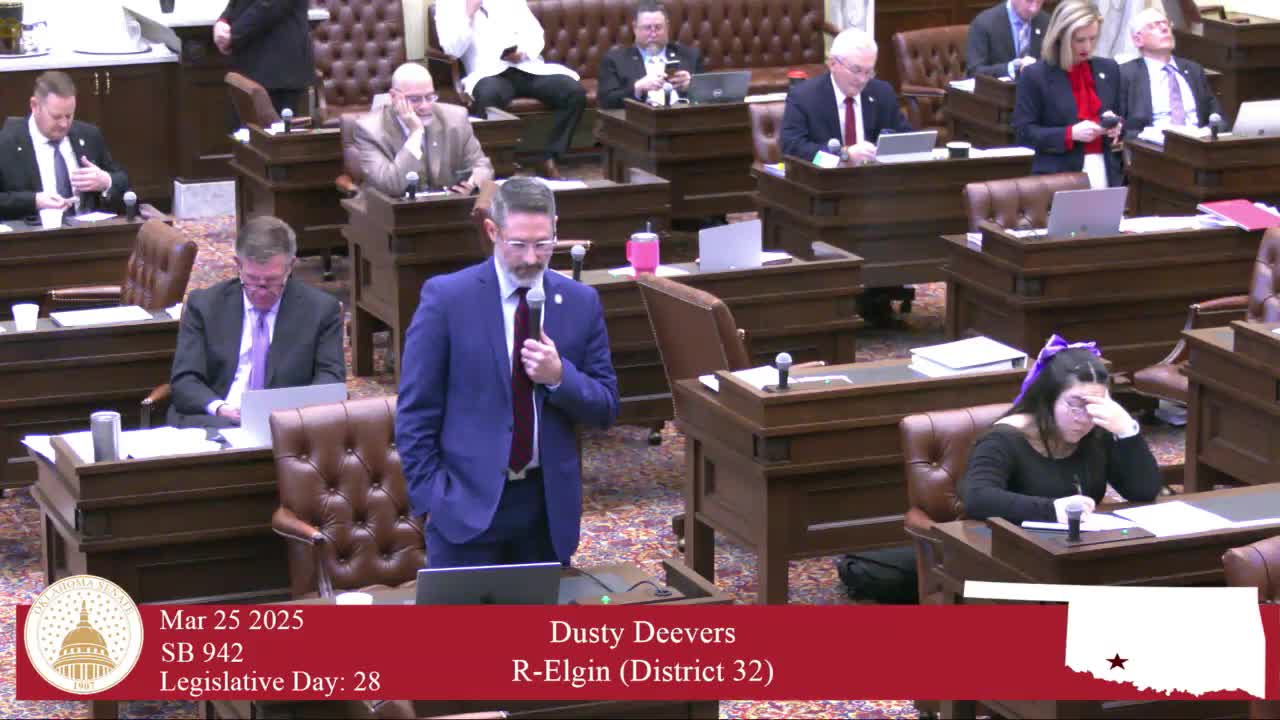Article not found
This article is no longer available. But don't worry—we've gathered other articles that discuss the same topic.

Senate OKs framework to name Title VI coordinators, adopt IHRA working definition for antisemitism

Senate adopts bill formally incorporating IHRA working definition as a reference; emergency status fails

Senate adopts resolution honoring 2024 University of Oklahoma softball champions

